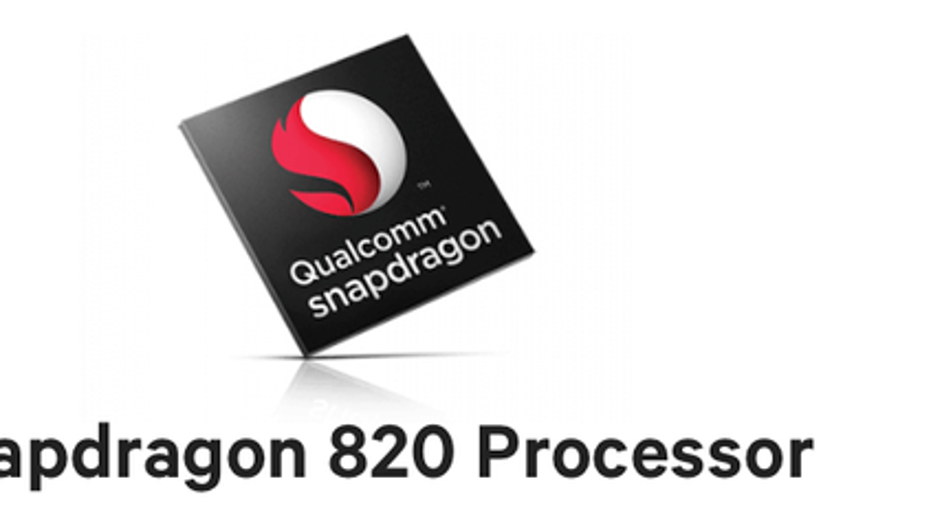Qualcomm Continues to Hold Down the Mobile Fort

Image source: Qualcomm.
Despite the fact that Qualcomm (NASDAQ: QCOM) has been actively trying to diversify away from the mobile chip market, the company continues to dominate the smartphone application processor market. This has long been a core market for Qualcomm, and will continue to remain one for the foreseeable future even as it is reportedly considering a blockbuster acquisition that would open up a slew of adjacent markets.
Strategy Analytics recently released its estimates (via FierceWireless) on the smartphone processor market for the second quarter, and it returned to growth by putting up a 14% increase in revenue.
We're No. 1! We're No. 1!
Processors with integrated cellular connectivity, a product that Qualcomm has used in the past to dominate, continue to expand share within the market. Processors are now moving to LTE integration, as LTE adoption continues to rise around the world alongside the rise of LTE networks.
Qualcomm grabbed a strong 39% revenue share, with China's MediaTek coming in second with 23% share. Apple (NASDAQ: AAPL) placed third with 15% share, although this ranking comes with a caveat. Apple does not sell its processors to third-party original equipment manufacturers, instead only using its A series of chips in its own devices. Therefore, the revenue estimates for Apple in the rankings are purely theoretical and are based on market prices for comparable chipsets.
Smartphone chips continue to get more sophisticated, with 64-bit processors now comprising roughly two-thirds of volumes for the first half of 2016. The new Snapdragon 820 is helping Qualcomm win back some share that it lost in 2015.
The QCT segment, which includes a wide range of semiconductor products including processors, remains the largest revenue source for the time being. While less profitable than the QTL licensing business, chips contribute over 60% of sales.
Note 7 fallout
These figures are for the second quarter, while one of the more prominent design wins for the Snapdragon 820 was the Samsung Galaxy Note 7 that's been mired in controversy over the past month amid widespread reports of catching fire (and that includes replacement models distributed after the first recall).
Qualcomm split the win with Samsung's own in-house Exynos processors, with the Snapdragon 820 powering the U.S. variants. Even without a geographical breakdown of Galaxy Note 7 sales to determine how many included Qualcomm processors, Samsung's decision to discontinue the Note 7 altogether will undoubtedly hurt Qualcomm in the second half of 2016. The hit should be manageable, though, as Pacific Crest analysts estimate that Samsung accounts for less than 3% of Qualcomm's consolidated revenue.
Additionally, the debacle may not be purely negative for Qualcomm. There is a small condolence in the fact that Apple is expected to win many of those purchases from Samsung, as the iPhone 7 Plus is a direct competitor to the Note 7. iPhones include many Qualcomm ingredients, particularly cellular baseband modems (even if Intel did recently win that slot in some variants).
A secret billion-dollar stock opportunity The world's biggest tech company forgot to show you something, but a few Wall Street analysts and the Fool didn't miss a beat: There's a small company that's powering their brand-new gadgets and the coming revolution in technology. And we think its stock price has nearly unlimited room to run for early in-the-know investors! To be one of them, just click here.
Evan Niu, CFA owns shares of Apple. The Motley Fool owns shares of and recommends Apple and Qualcomm. The Motley Fool has the following options: long January 2018 $90 calls on Apple and short January 2018 $95 calls on Apple. The Motley Fool recommends Intel. Try any of our Foolish newsletter services free for 30 days. We Fools may not all hold the same opinions, but we all believe that considering a diverse range of insights makes us better investors. The Motley Fool has a disclosure policy.



















